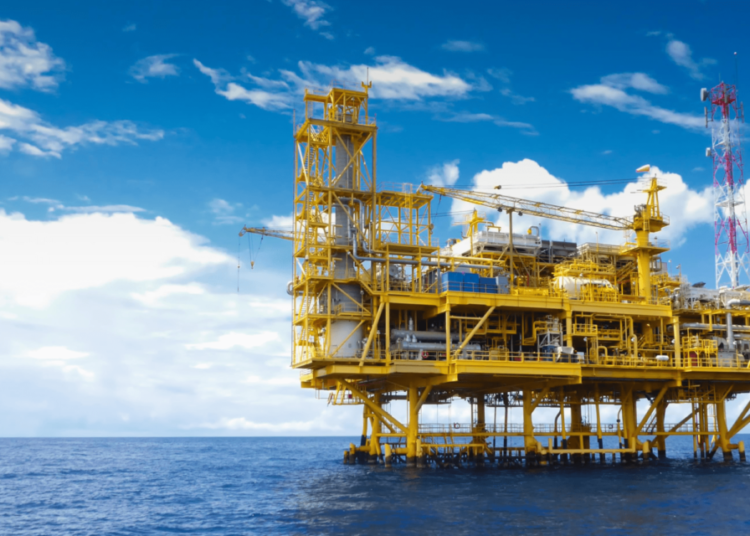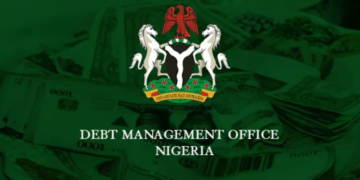Early this year, the federal government made some reversals on its policy decision to remove the subsidy on Petroleum Motor Spirit (PMS). In line with the new law, the Petroleum Industry Act (PIA), no provisions were made in the 2022 Budget earlier signed into law by President Muhammadu Buhari.
In place of the subsidy, the government announced plans to pay a monthly N5000 transport grant to poor Nigerians. This plan was reportedly shelved in response to a security report that the removal of the subsidy would have led to social unrest that could have been difficult to manage.
The Nigeria Labour Congress (NLC), for one, had planned mass protests across the 36 states and the Federal Capital Territory (FCT) against the subsidy removal. There were also reports that the government may have made the policy reversal due to considerations on the upcoming 2023 general elections.
That it was not politically expedient to totally remove the petrol subsidy was no surprise. What is surprising is that the government made no adjustments in pump price of PMS in spite of the double-digit inflation that has seen the cost of virtually all other goods and services go up two folds. Even the cost of diesel, which is used in transporting PMS, has doubled in a matter of months.
Recently, the Nigerian Midstream and Downstream Petroleum Regulatory Authority (NMDPRA) released a statement announcing the upward review in freight rate for transporters to alleviate the challenges associated with the distribution of Premium Motor Spirit (PMS) nationwide.
According the NMDPRA, “The review was necessitated by the upswing in the global price of petroleum products especially Automotive Gasoil (Diesel) and its implication on the cost of transporting Premium Motor Spirit (PMS) nationwide. Consequently, the Authority wishes to advise as follows that in line with the mandate of the Authority as prescribed in the PIA (Section 31(i)) to develop and enforce a framework on tariffing and pricing for natural gas and petroleum products, the transporters freight rate has been reviewed to reflect current market realities. The revised freight rate takes effect from 1st June 2022 while still maintaining the current regulated PMS pump price of N165.00/Litre.”
Obviously, this has done little to address the price distortions in the industry as petrol queues have now returned to Lagos, the commercial capital of the country, and have remained a constant in the Federal Capital Territory for several months now.
But the worse impact of the rising subsidy payments is not the difficulties faced by motorists, but the rate at which the country’s finances are been drained by this single product.
According to the minister of finance, Zainab Ahmed, the subsidy is costing an additional N4 trillion than was originally planned. At a recent World Bank event, she said,
“Already our borrowing is increasing significantly and we are struggling with debt servicing because even though revenue is increasing, the expenditure has been increasing at a much higher rate, so it is a very difficult situation. So, Nigerians need to understand that this PMS subsidy we are carrying now is hurting the nation, it’s impeding the government’s ability to be able to invest in human capital development.”
The minister added that, “It is not hearsay to say that Nigeria has not derived what it should from the current high crude oil prices, rather rising crude oil prices are posing significant fiscal challenges to our economy and may lead to some negative receipts and, indeed, we have started seeing already those negative receipts.
In spite of the fact that the country is in an election season, which could prove to be very competitive, this newspaper believes the current price of PMS is no longer realistic just as we are compelled to doubt the transparency of the subsidy policy. It is pertinent to emphasise that subsidy in itself, if properly administered in a judicious and transparent manner, is something to crave for. The challenge is the corruption that has overtaken the otherwise good- intentioned policy aimed at alleviating the hardship most Nigerians are going through.
While we are not advocating for the total removal of the subsidy at this time, however, it is obvious that the scarcity that is becoming perennial is as a result of the reluctance of the dealers to sell at a price that will not give them an appreciable return on investment considering the landing cost of the commodity.
That being the case, and in our considered opinion, the authorities should put in place a price mechanism that will meet them halfway without putting undue pressure on consumers. Total removal of the subsidy can come later regardless of its political implications. We are persuaded to argue along this line even as we are aware that price increases in the oil sector have never guaranteed availability of the commodity as at when needed.





